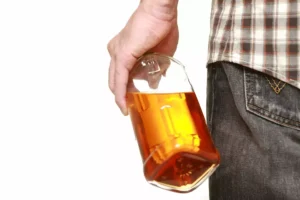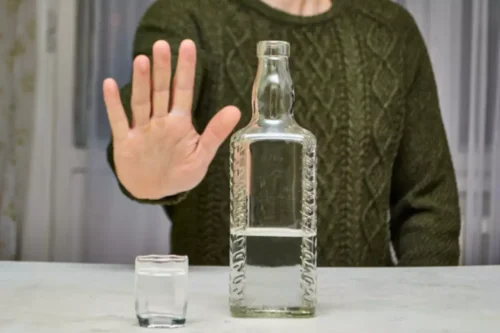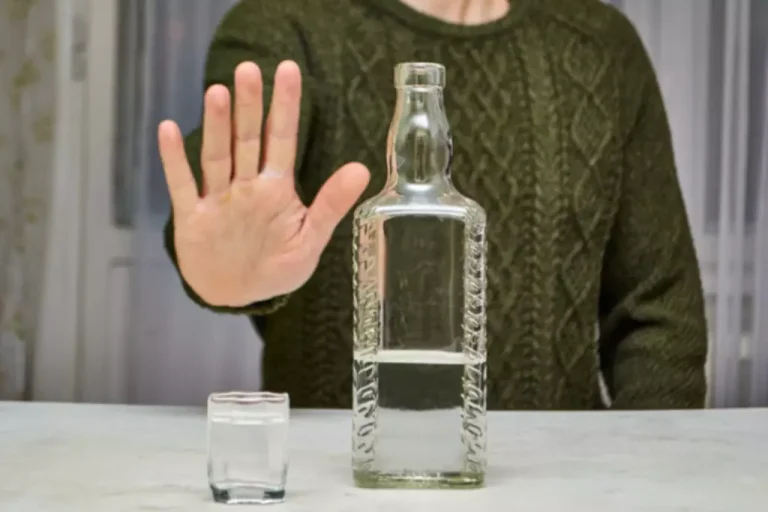Cognitive Behavioral Therapy for Addiction Treatment

The therapist can enact the scene with group members and help the teen practice taking a stand for himself in a real-life situation. If you have questions about your coverage, call the number on your insurance card to find out more information about your specific plan. Some cognitive behavioral therapists accept insurance, but others may not accept insurance. Others may be out-of-network (OON) but offer patients the option of paying their therapy costs up-front and then sending a superbill to their insurance company for reimbursement. In that case, the therapist gives the client the paperwork necessary to submit their insurance claim directly to their provider. Another potential, but largely unexplored advantage of technology-based, modularized CBT approaches is that they are compatible with evaluation and refinement via the MOST (Multiphase Optimization Strategy) approach of Collins and colleagues (Collins, Murphy, & Stretcher, 2007; Collins et al., 2007; Collins et al., 2014).
What Are Cognitive Distortions?
- For example, the strength of medication-based treatments that diminish the patients’ subjective desire for their drug(s) of choice can be paired with the strengths of cognitive therapy in modifying faulty beliefs and maximizing skill-building.
- Depending on your plan, you may have a co-pay due at the time of service, you may have to meet a certain deductible before your coverage kicks in, or you may have other out-of-pocket costs.
- Petry and Martin 15 examined the addition of CM to standard community based treatment (methadone maintenance and monthly individual counseling) for cocaine and opioid dependent patients.
- Evidence has only begun to emerge to support this for cannabis and amphetamine use, with effectiveness for other illicit drugs yet to be tested.13 People who misuse cannabis or stimulants, and are not in formal drug treatment, appear to respond well to BIs both in terms of increased abstinence levels and reduced drug use.
- You and your therapist will learn how to discover patterns in your thinking that are unhealthy, and how these thoughts have a negative impact on your behaviors and your own beliefs.
Listen to Greenhouse Treatment Center‘s Gary Malone, MD discuss the role of therapy in addiction treatment. We’ve tried, tested, and written unbiased reviews of the best online therapy programs including Talkspace, BetterHelp, and ReGain. Substituting old habits that contribute to substance use with more positive https://ecosoberhouse.com/ and enduring actions enhances a person’s ability to function and aids in long-term recovery. There are various levels of addiction treatment available, and we can help you determine the best plan for you. Call now to speak with a compassionate admissions navigator and learn about the rehab admissions process.
- Each of the five stages that a person passes through are characterized as having specific behaviours and beliefs.
- For example, cognitive therapy can be woven into a comprehensive program in which patients (for example) take suboxone, and also attend 12SF meetings.
- However, CBI alone was less effective (e.g., resulted in lower percent days abstinent) than medical management and placebo.
- Cognitive behavioural therapies are empirically supported interventions in the management of addictive behaviours.
- There is clear evidence of reactivity to alcohol cues, including alcohol craving, which is related to the severity of alcohol dependence.48 However, this area awaits large-scale clinical or cost-effectiveness trials.
- With the right support and the essential tools for recovery, the next attempt could be the one that endures.
Cue exposure treatment

Hester and colleagues (Hester, Delaney, & Campbell, 2011) conducted a study in which 78 non-dependent problem drinkers were randomized to either Moderation Management alone () (either delivered in-person or web-based) or Moderation Management plus online training in moderation management using the “Moderate Drinking” app (). While both groups significantly decreased the amount they drank, those assigned to the combination reported a higher percentage of days abstinent (43.9 versus 22.6%) and fewer alcohol-related problems than the group utilizing Moderation Management only. In these studies, CBT has been shown most effective when compared with having no other treatment at all. Some show CBT to be more effective, while others show it to be of equal, but not greater, effectiveness than other treatments. The team at Oxford Treatment Center is available 24/7 to answer your questions about inpatient addiction treatment and outpatient drug and alcohol rehab in Mississippi.

Relative Efficacy across Treatments
- Follow-up rates were also low (5.6% of the randomized sample were reached for 6-month follow-up assessment); making it difficult to make inferences regarding the efficacy of the program.
- In a study conducted fully online in Australia, 160 individuals with self-reported amphetamine use problems were randomly assigned to a three-session computerized intervention based on MI with some components of CBT or a wait list control (Tait et al., 2014).
- However, improvements in the treatment approach still can be made, most notably via alliance-enhancement strategies that may improve retention in treatment, and more routine incorporation of the “stages of change” model.
Cognitive behavioral therapy, especially when integrated with trauma-informed care, has proven to be a beacon of hope for individuals battling addiction. If someone has already undergone a treatment program with counseling and therapy but continue to relapse, it might be time to explore alternative care or enter an extended, intensive treatment program. Trauma may not have been adequately addressed, necessitating more effective techniques or a longer duration of treatment. Top-quality care should consist of a team of knowledgeable, empathetic professionals capable of helping someone confront their past and equipping them with strategies to handle painful memories and emotions.
- Although empirical support for these interventions is promising, it is most often garnered through efficacy studies in which the treatment is carried out under optimal conditions.
- This finding of an advantage for motivational enhancement in alcohol and not drug using samples was consistent with prior investigations.51 Similarly, a study conducted by Gray, McCambridge, and Strang 52 examined the effects of single-session MI delivered by youth workers for alcohol, nicotine, and cannabis use among young people.
Efficacy of Cognitive Behavioral Therapy Combined with Another Psychosocial Treatment
This state-of-the-science stands in contrast to a large evidence-base for efficacy across a range of possible implementation conditions (ie, stand-alone, combined with other interventions, delivered in a digital format). From the two review studies considered and the subsequent 15 studies of mediators of CBT effects, coping skills, self-efficacy, and reduced craving show promise, but there is minimal evidence to suggest these processes are uniquely important to CBT and are more likely processes that are broadly relevant to AOD behavior change. Cognitive behavioral therapy (CBT) for substance use disorders has demonstrated efficacy as both a monotherapy and as part of combination treatment strategies. This article provides a review of the evidence supporting the use of CBT, clinical elements of its application, novel treatment strategies for improving treatment response, and dissemination efforts. Although CBT for substance abuse is characterized by heterogeneous treatment elements—such as operant learning strategies, cognitive and motivational elements, and skills building interventions—across protocols several core elements emerge that focus on overcoming the powerfully reinforcing effects of psychoactive substances.

Find Your Bezzy Community

Meta-analytic data also suggest that when choosing between medication management and a more comprehensive adjunct to pharmacotherapy, the more comprehensive intervention is preferred. Finally, summary data on individual drugs beyond alcohol, later follow-up outcomes, and secondary measures of psychosocial functioning are quite sparse. Modern day CBT for addiction is decidedly integrative and increasingly so as the applications evolve to reach novel and understudied populations. As part of cognitive restructuring, expectancies, or beliefs about the consequences of use, are another important target for intervention. It is not uncommon to find that patients maintain a belief that use of a particular substance will cbt interventions for substance abuse help some problematic aspect of their life or given situations.
Cognitive Behavioral Therapy Techniques for Addiction
American Addiction Centers (AAC) is a leading treatment provider and has trusted programs across the country. If you are interested in finding CBT near me, call one of our caring admissions navigators at today to learn about treatment options and check your insurance coverage. Risa Kerslake is a registered nurse, freelance writer, and mom of two from the Midwest. She specializes in topics related to women’s health, mental health, oncology, postpartum, and fertility content. As you start healthier thoughts and behaviors, you start associating them with healthier emotions, and this can start to become second nature the more you do it. “You have to challenge your beliefs about what is a healthier strategy with your money, for your family, for yourself,” she adds.


